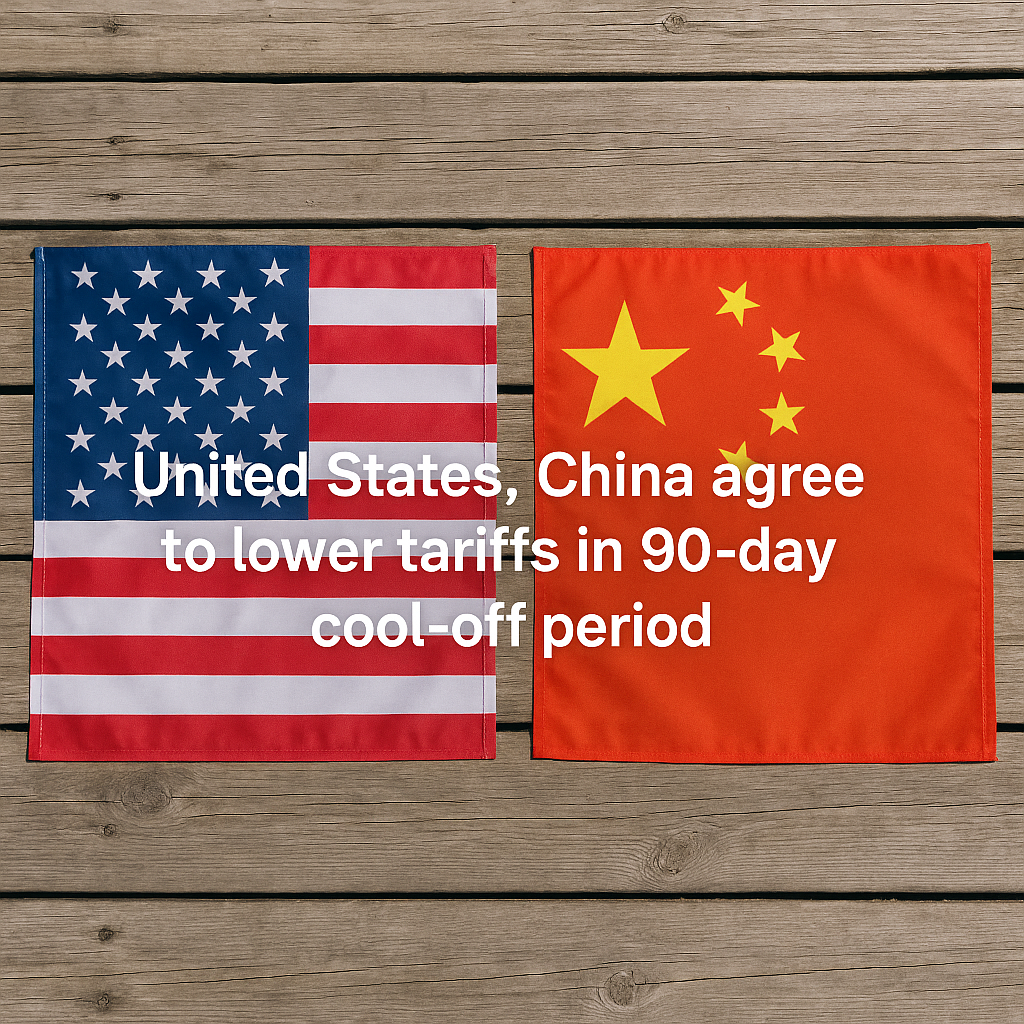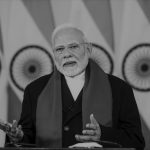In a rare moment of calm between two global heavyweights, the United States and China have agreed to ease up on their trade war—for now.
In a joint statement made public on May 12 during a briefing in Geneva, both nations announced a 90-day “cooling-off” period, during which they’ll lower tariffs on each other’s goods in a bid to make room for more meaningful conversation and collaboration.
This move offers not just financial relief but a sense of hope in a relationship that has long felt like a tug-of-war. The U.S. will reduce combined tariffs on most Chinese imports from a staggering 145% to 30%, including those affecting fentanyl-related products. Meanwhile, China will drop its 125% tariffs on U.S. goods down to 10%.
“This isn’t about winning or losing—it’s about not walking away from the table,” said U.S. Treasury Secretary Scott Bessent. “Neither side wants a complete decoupling. We’ve had a productive, sincere dialogue—especially around tough issues like fentanyl. And we’re optimistic this could lead to real trade commitments.”
While the broader, sector-wide tariffs from previous administrations remain untouched, this gesture signals a mutual willingness to reset the tone, if not the terms, of their economic relationship.
The announcement triggered instant reactions across global markets—Asian and European stocks climbed, S&P 500 futures jumped by 3%, oil prices rose, and the yuan strengthened against the dollar.
China’s official stance, as echoed by the state-run Xinhua News Agency, remains focused on mutual respect and peaceful negotiation. The country expressed that using threats or pressure tactics is not the right approach to diplomacy.
The news marks a much-needed thaw in an otherwise icy trade relationship. Both nations have seen their economies bruised by tit-for-tat tariffs over the past few years. Back in 2018, there was a similar pause—but it collapsed. The “Phase One” deal of 2020 didn’t hold, as China failed to meet its purchase targets, and trade imbalances worsened during the pandemic.
Still, this 90-day pause feels different. Perhaps not in policy, but in tone. Leaders from both countries are talking more about progress than punishment, about partnership rather than power plays.
As Trade Representative Jamieson Greer summed it up: “Our Chinese counterparts came to the table ready to deal. Now, it’s time to turn words into action.”
Only time will tell whether this is a new beginning or just another pause in an ongoing saga—but for now, the world can breathe a little easier.








